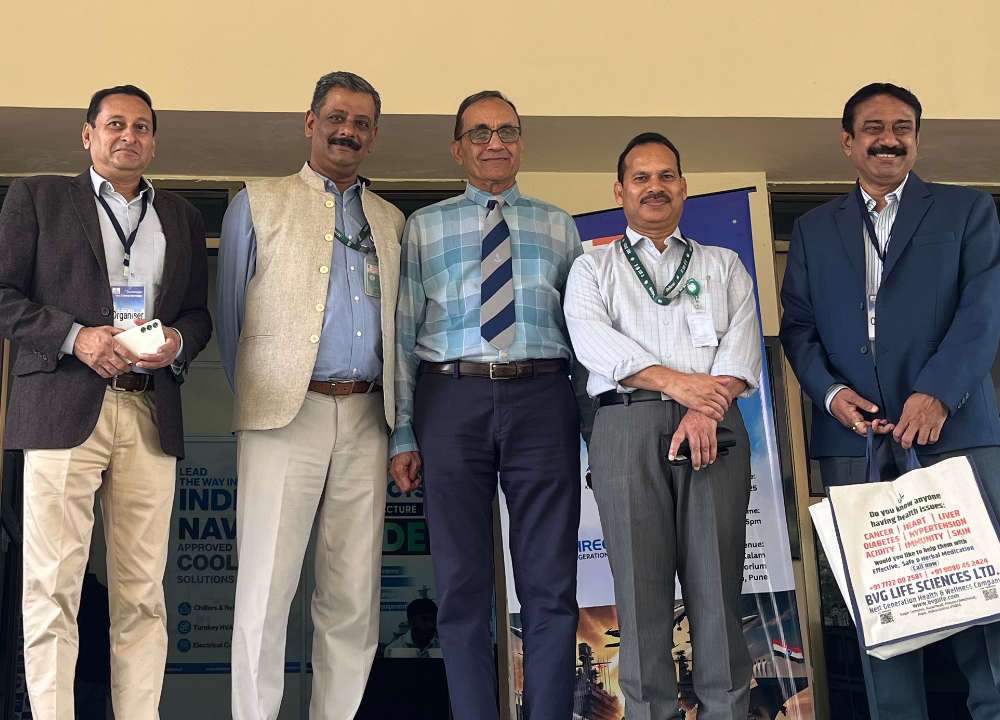The Indian government has provided a financial infusion of approximately Rs 1,650 crore into the struggling state-owned Rashtriya Ispat Nigam Ltd (RINL) to help sustain its operations. Facing serious operational and financial challenges, it received Rs 500 crore as equity support on September 19, 2024, followed by a working capital loan of Rs 1,140 crore on September 27, 2024, as stated in an official document from the Ministry of Steel.
To address RINL’s long-term viability, SBICAPS, a subsidiary of the State Bank of India, is preparing an assessment on the company’s sustainability. The Ministry of Steel, in collaboration with the Ministry of Finance, is actively working on measures to ensure it continues as a functioning enterprise.
The company, which operates a 7.5 million tonne steel plant in Visakhapatnam, Andhra Pradesh, has faced mounting operational issues, including shutting down two out of three blast furnaces until October 2023, when the second furnace resumed operation after months of inactivity. ItL’s debts now exceed Rs 35,000 crore.
In January 2021, the Cabinet Committee on Economic Affairs (CCEA) approved the government’s plan to divest its entire stake in RINL through strategic disinvestment. However, this decision has sparked protests among workers’ unions, who attribute RINL’s financial troubles partly to its lack of captive iron ore mines.
Unlike other major steel producers that have access to captive mines, RINL must source iron ore at market rates, further burdening it with transportation costs. Union leader J Ayodhya Ram emphasized, “RINL has always borne the additional costs of procuring iron ore, impacting our competitiveness.”
Rashtriya Ispat Nigam Ltd (RINL), commonly known as Visakhapatnam Steel Plant or Vizag Steel, is a leading state-owned steel producer in India under the Ministry of Steel. Established in 1982, RINL operates a major integrated steel plant in Visakhapatnam, Andhra Pradesh, with a production capacity of 7.5 million tonnes per annum.
The company specializes in producing high-quality long steel products, which are widely used in infrastructure, construction, and manufacturing. Unlike most large steel producers in India, RINL does not have captive iron ore mines, which adds to its production costs, as it must procure raw materials at market prices and incur additional transportation expenses.
Despite its operational scale and quality output, RINL has struggled financially in recent years, with mounting debt and operational challenges, prompting the government to consider strategic disinvestment to support its sustainability.
The company has played a significant role in India’s steel sector, contributing to regional economic growth and employment, and it remains a point of pride and focus for the steel industry in Andhra Pradesh and beyond.








